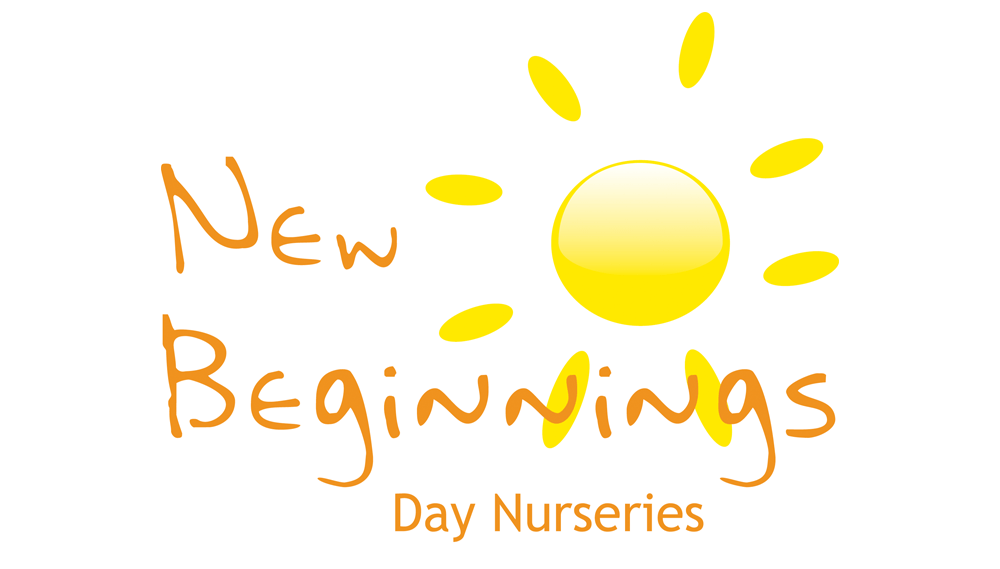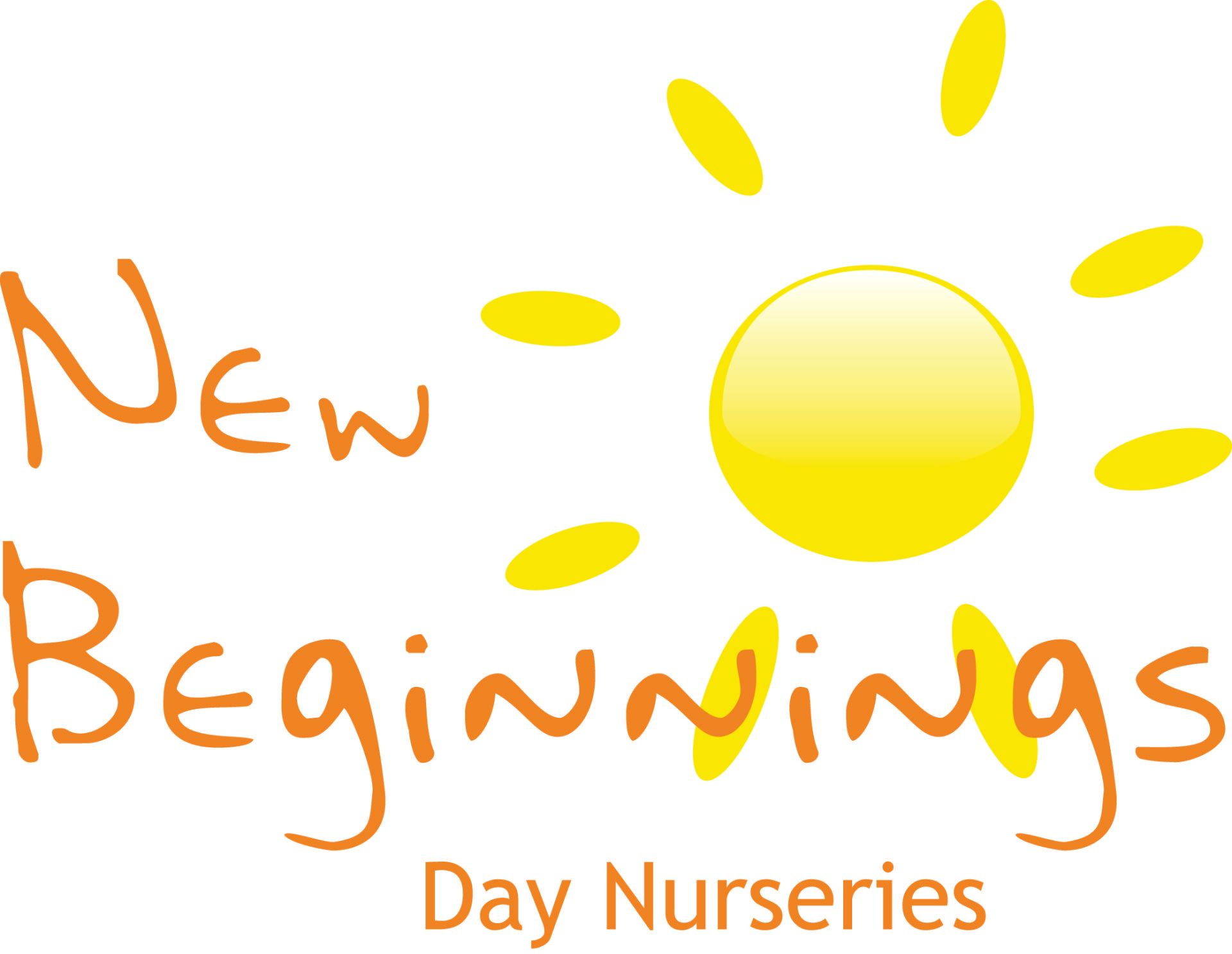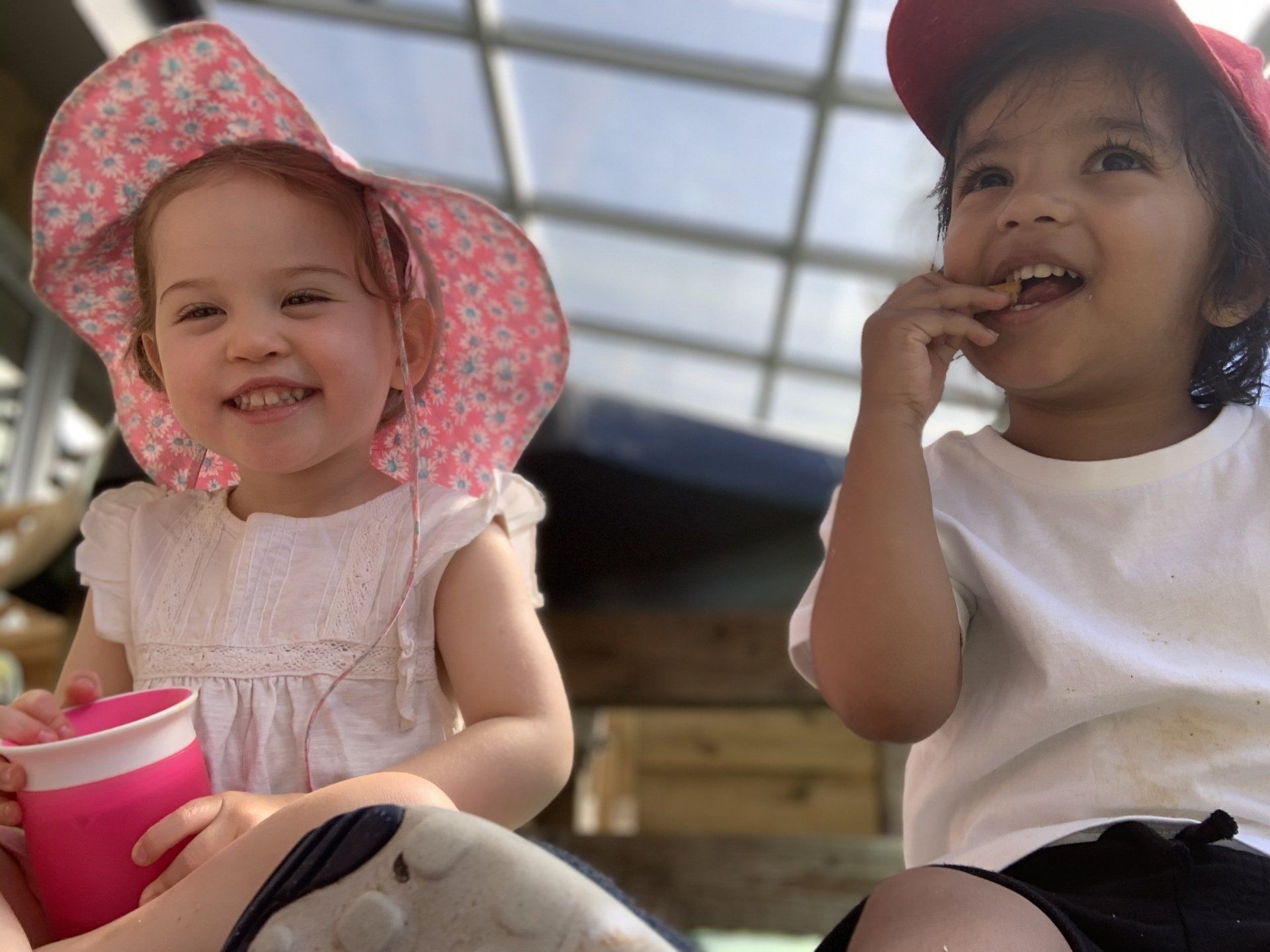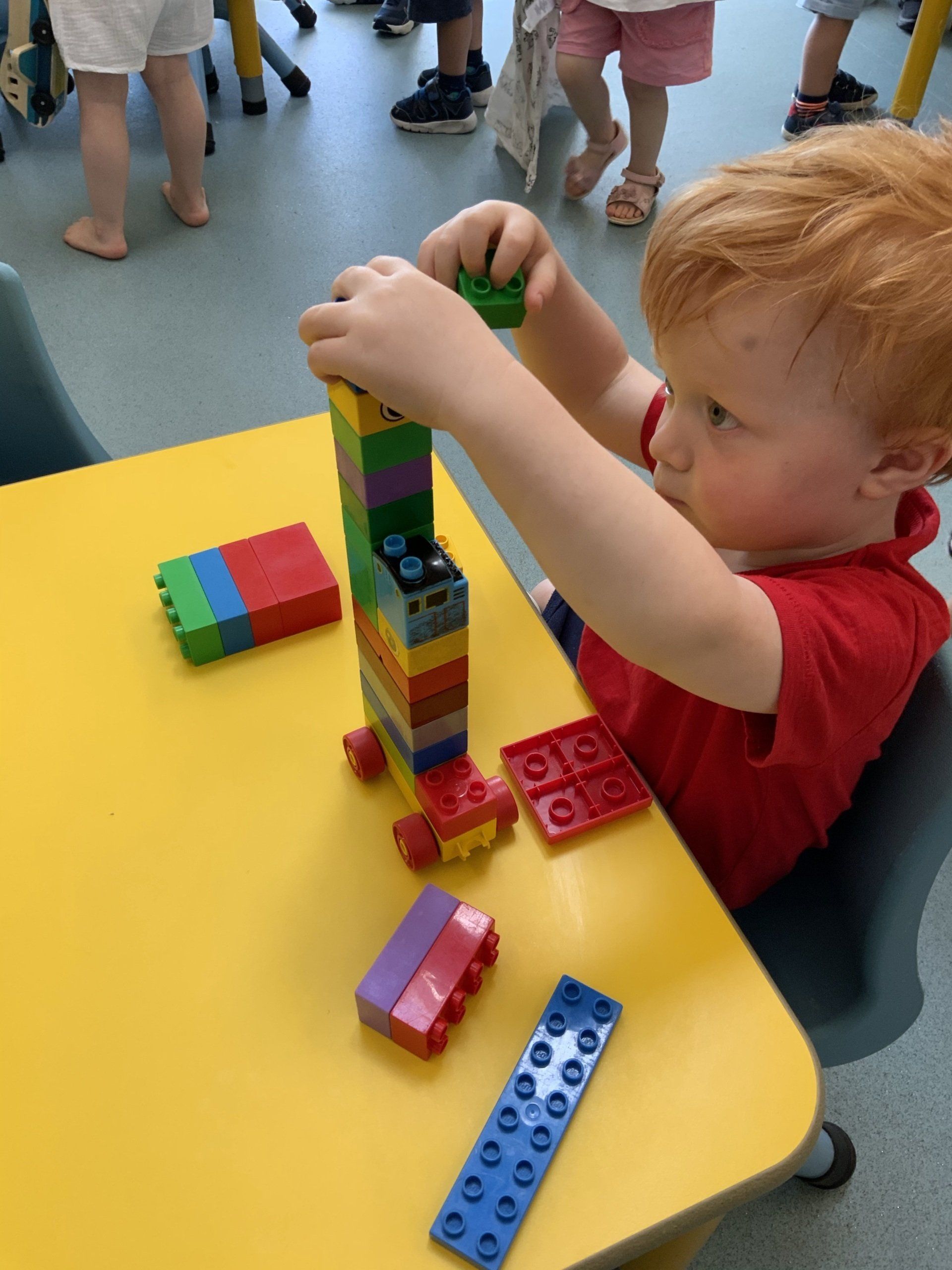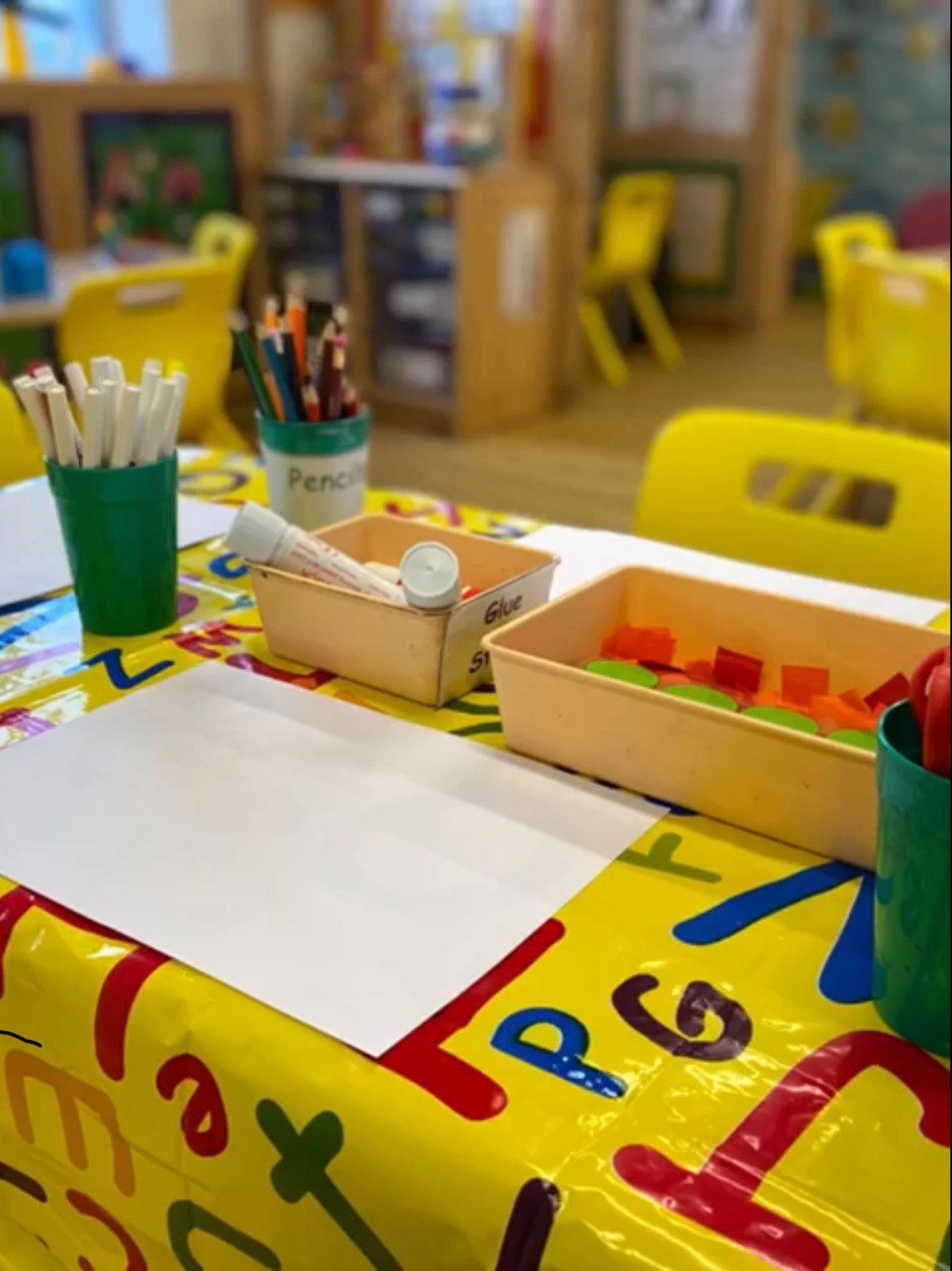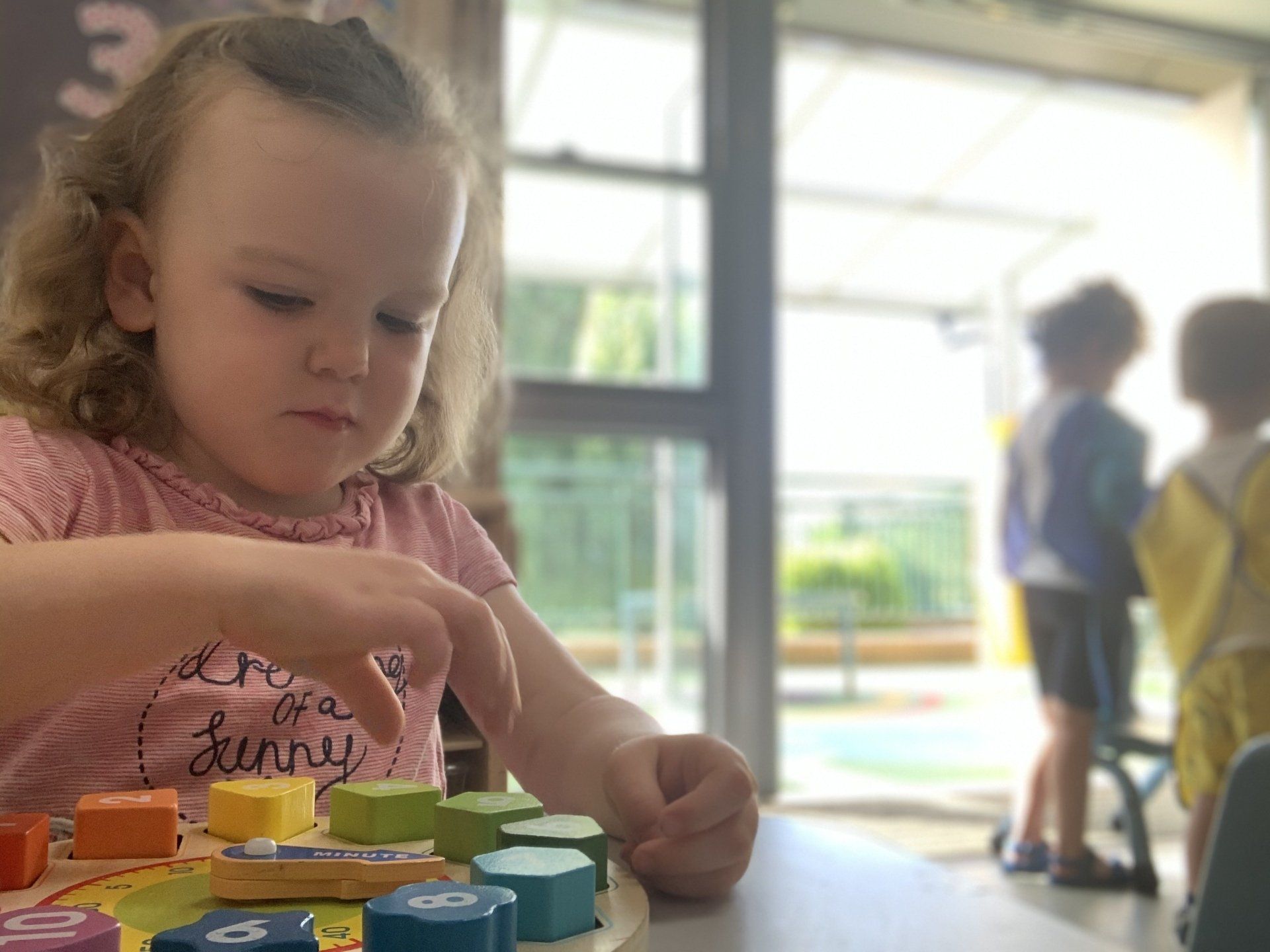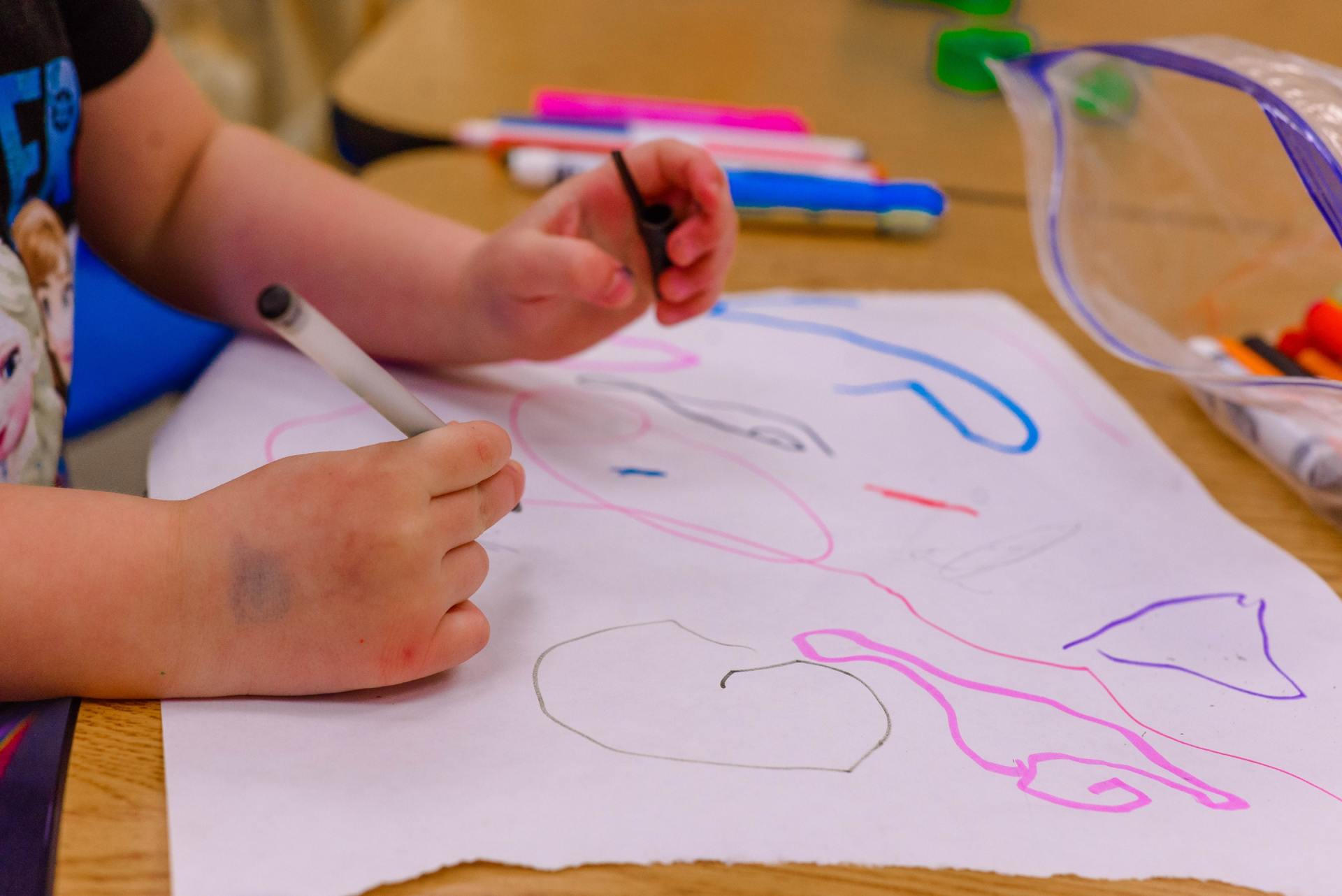Early Years Foundation Stage
What to Expect
Your child’s early years experience should be happy, and fun, and support your child’s development, wellbeing, care and learning needs.
The Early Years Foundation Stage (EYFS) includes seven areas of learning that help to shape the educational programmes provided in early years settings. All areas are interconnected. Three prime areas are especially important for children to build a foundation to support other areas of learning. These are:
- Communication and language – the development of children’s spoken language, understanding and allowing them to experience a rich language environment.
- Physical development – physical activity is vital in children’s all-round development, enabling them to develop their coordination, control, and movement.
- Personal, social, and emotional development – focuses on children’s mental wellbeing including building relationships and developing their understanding of emotions and self-regulation skills.
There are also four specific areas through which the prime areas are strengthened. These are:
- Literacy – encourages children to foster a love of reading and helps children develop language comprehension through interactions and sharing poems, stories, and songs. These are the foundations for learning to read and write later on.
- Mathematics – providing opportunities for children to develop their problem-solving, counting and numerical pattern skills.
- Understanding the world – guiding children to make sense of the natural world and their communities.
- Expressive arts and design – encouraging children to explore and play with materials and develop their imagination.
Early Years Foundation Stage
Document guides, policies and procedures
Educational Programme -
Prime Areas of Learning
These lay down the foundation for all children’s learning, ensuring that children can relate to others, communicate effectively and engage with their environment. The prime areas are dependent on each other and are universal in that they occur within cultures and social backgrounds.
Educational Programme -
Specific Areas of Learning
These are considerably less time-sensitive than the prime areas but cannot be developed alone; they build on the development gained through the Prime areas. The specific areas reflect individual children’s life experiences including their cultural and social background. Practitioners are able to plan for children’s next steps in specific areas through their observations and knowledge of children’s likes, dislikes and family backgrounds.
